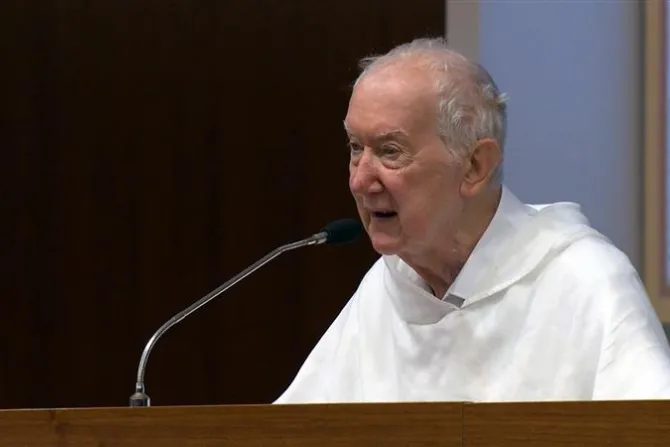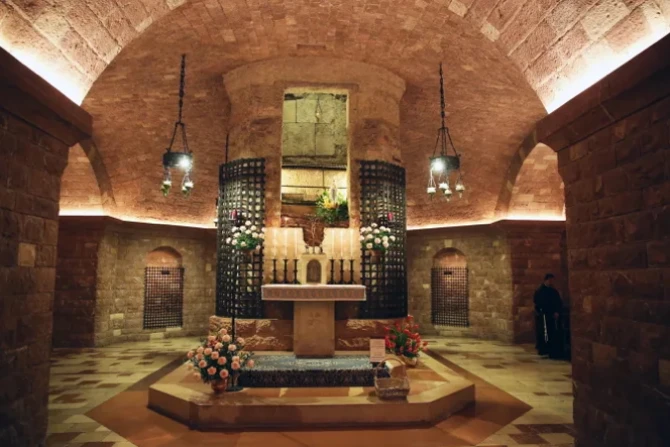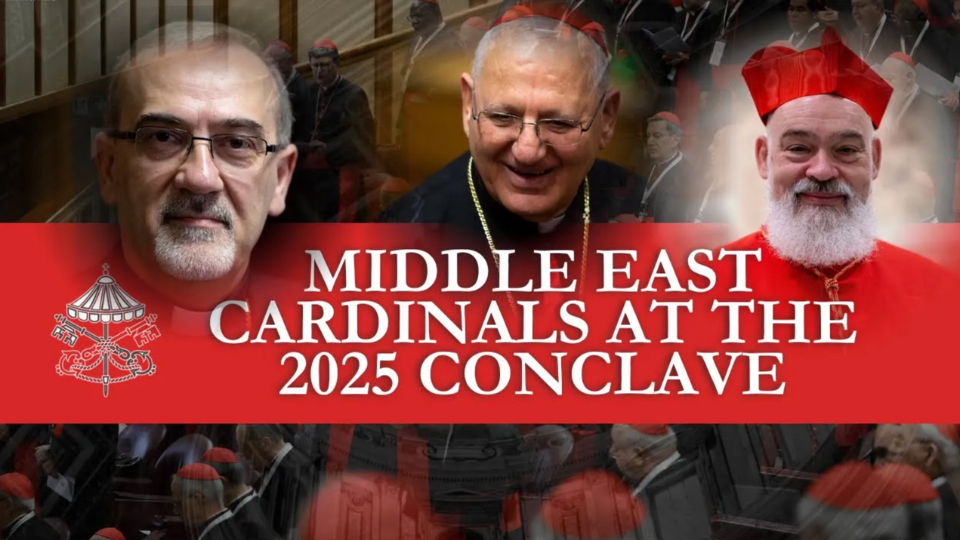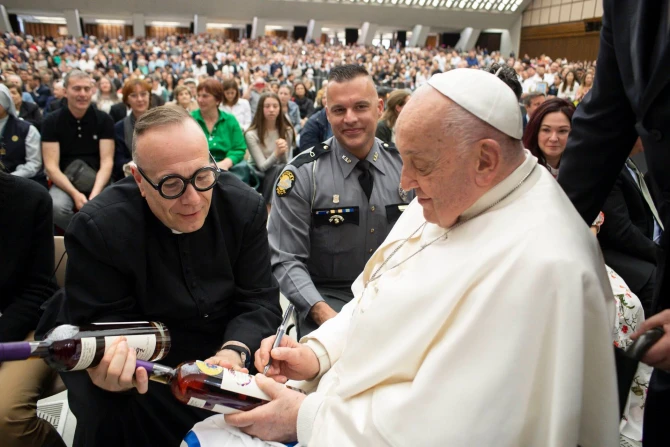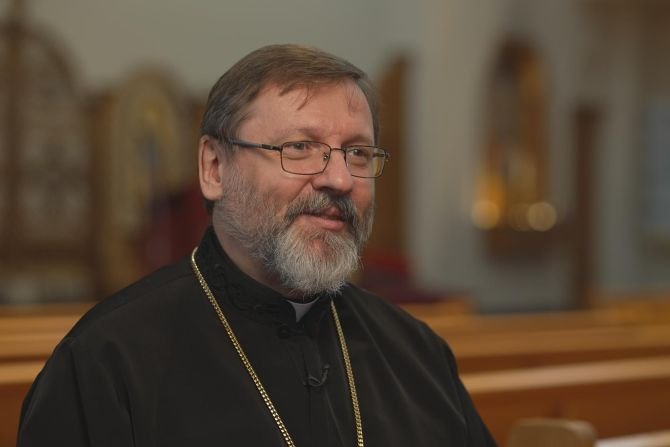Father Timothy Radcliffe said Monday that “the most fertile time” of the Synod on Synodality will be the months of “active waiting” leading up to the final 2024 synod assembly.
Speaking at the livestreamed opening of the general congregation on Oct. 23, Radcliffe likened the months of waiting between the two synod assemblies to “a pregnancy.”
“In a few days’ time, we shall go home for 11 months. This will be apparently a time of empty waiting. But it will be probably the most fertile time of the whole synod, the time of germination,” the English Dominican said.
“These 11 months will be like a pregnancy,” he added. “We, my brothers and sisters, are pregnant with new life.”
Radcliffe, who serves as the spiritual adviser to the synod, also warned delegates not to speak negatively when they return home from Rome, quoting St. Paul’s letter to the Ephesians: “‘Let no corrupting talk come out of your mouths’” (Eph 4:29).
Little has been made public regarding what will take place between the two synod assemblies.
Synod spokesman Paolo Ruffini has confirmed that the synod delegates attending this month’s assembly will be returning to Rome next year for the October 2024 synod assembly. Synod organizers have also said that a new Instrumentum Laboris, or working document, for the 2024 assembly will be written based, in part, on the synthesis document produced at the end of the 2023 gathering.
Radcliffe described the gap between the synod assemblies as “a time of active waiting,” noting that it will be “hard for many people to understand what we are doing.”
“When we go home, people will ask, ‘Did you fight for our side? Did you oppose those unenlightened other people?’ We shall need to be profoundly prayerful to resist the temptation to succumb to a party-political way of thinking,” he said.
“That would be to fall back into the sterile, barren language of much of our conflictual society. It’s not the synodal way. The synodal process is organic and ecological rather than competitive. It’s more like planting a tree than winning a battle.
Radcliffe encouraged the delegates to reflect on how their words can “nurture the tender plant that is the synod” after leaving the 2023 assembly.
“Will we speak fertile, hope-filled words, or words that are destructive and cynical? Will our words nurture the crop or be poisonous? Will we be gardeners of the future or trapped in old sterile conflicts? We each choose,” he told the delegates.
Radcliffe is one of two “spiritual assistants” who helped to lead the meditations for the retreat and the prayers throughout the synod assembly this month, along with 79-year-old Mother Maria Grazia Angelini.
Angelini told the synod delegates in her spiritual reflection at the start of the final week of the assembly that the synod meeting has been a “month of sowing,” like Jesus’ parable of the sower.
“Today — in a culture of striving for supremacy, profit, and ‘followers,’ or escapism — the patient sowing of this synod is, in itself, like a deeply subversive … and revolutionary act,” the Italian sister said.
“Thus, the synod seems to me to find itself called to dare a synthesis-as-sowing, to open a path toward a new form, the reform that life itself demands,” she said.
These article was originally published on Catholic News Agency.

